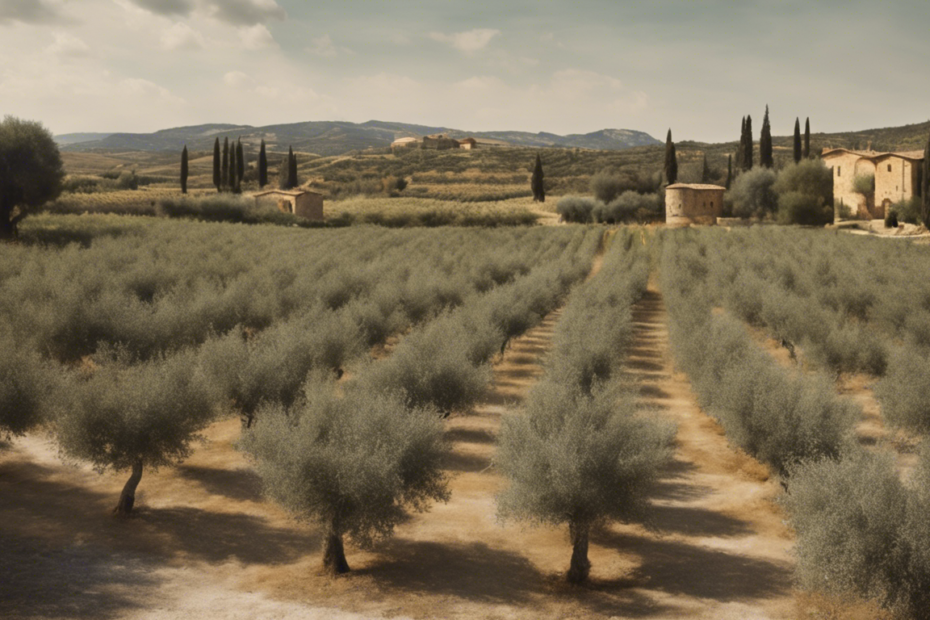Ever wondered how that golden liquid you drizzle on your salad or dip your bread into comes to be?
In ‘The Art of Olive Oil Production: How Do They Make Olive Oil?’, we delve into the fascinating journey of olive oil from grove to bottle.
From picking the perfect olives during harvest to the intricate extraction techniques that turn them into oil, and the rigorous quality control processes that ensure only the finest reaches your table, this article uncovers the craftsmanship behind one of the world’s most beloved culinary staples.
Grab your plate, and let’s dive into the world of olive oil!
Quality Control and Grading: Ensuring Premium Olive Oil
When diving into the world of olive oil, you might wonder, ‘How do they make olive oil?’ Well, it all starts long before the golden liquid graces your kitchen countertop.
Farmers carefully cultivate and harvest the olives at just the right moment, ensuring peak ripeness for the best flavor.
But the magic really happens during the pressing and extraction process, where quality control comes into play.
Producers meticulously inspect each batch, looking for factors like acidity and flavor profile that can affect the grading of the oil.
The resulting product is then categorized into different grades, with extra virgin olive oil being the highest quality, known for its rich taste and minimal processing.
Through rigorous testing and grading, you can be sure that what you’re drizzling on your salad or dipping your bread into is not just any olive oil, but top-notch, premium goodness straight from the grove.
Frequently Asked Questions
What is the best time to harvest olives for oil production?
The best time to harvest olives is typically in the fall, when the olives have ripened to their peak flavor.
This usually occurs between September and November, depending on the climate and specific olive variety.
What are the main methods of extracting oil from olives?
The main methods of extracting oil from olives include traditional pressing and modern centrifugation.
The traditional method involves grinding olives into a paste and then pressing them to extract the oil, while centrifugation uses a machine to separate the oil from the paste quickly and efficiently.
How is the quality of olive oil determined?
The quality of olive oil is determined through a combination of factors, including the freshness of the olives, the extraction method used, and the presence of defects such as rancidity or excessive bitterness.
Oil is graded based on these criteria, with extra virgin olive oil being the highest quality.
What role does quality control play in olive oil production?
Quality control is crucial in olive oil production to ensure that the final product meets specific standards.
This includes testing for acidity levels, flavor profiles, and any contaminants to guarantee that consumers receive a premium product.
Can I use any olives for making olive oil?
Not all olives are suitable for making olive oil.
Specific varieties, such as Arbequina, Kalamata, or Frantoio, are known for their high oil content and favorable taste profiles, making them ideal for oil production.
